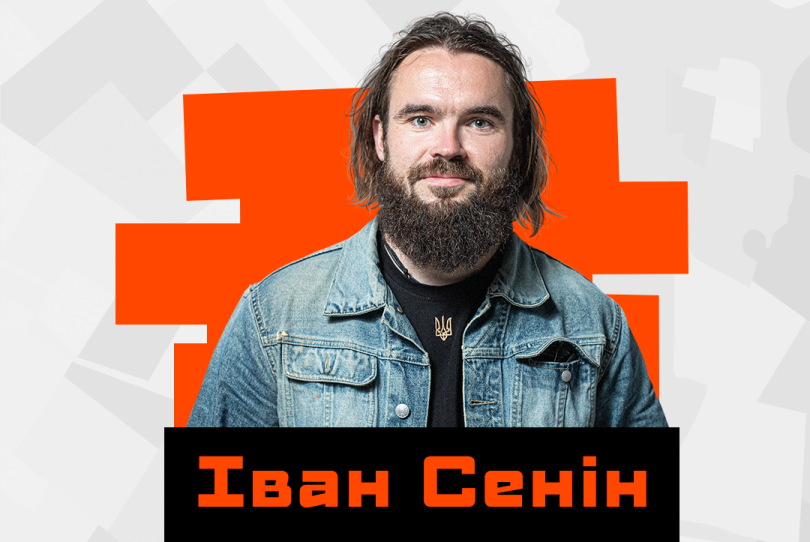Freedom Square
They asked about it more than once or twice–whether it was new acquaintances visiting me from another city for the first time for whom I gave a historical excursion or old local friends getting together for a walk over wine or coffee. Sooner or later, the question emerged: What is your favorite place in this city? And the more such meetings, the faster and more decisively I told them it was Freedom Square. As if knowing the answer in advance, they usually asked about it right there, on the spot, or somewhere nearby. Those with whom we were further from it but had free time to go there set off for it immediately. If the square was not covered with some kind of decoration to mark a forthcoming holiday, I would take them to the center, stop, and silently let them know my answer. And only after that I began to explain more meaningfully why it was this particular place.
The same applies now. If you go to the center of Freedom Square, you realize nothing has changed for over half a year. On the contrary, it has gained even more meaning. You slowly and carefully look around, and there is a potpourri of memories before you. This, it seems, is almost your first memory: you get off the trolleybus with your mother, father, and brother at the last stop, and you see a long gray fence that seemingly goes into eternity, and behind you, there is the same gray Kharkiv skyscraper. Scene.
A few days ago, I got together with one of the city’s local volunteers, who opened a bar in a basement at the beginning of summer, where charity concerts and poetry evenings are now held. He tells about three journalists from Germany and the Netherlands who came to film the war in Eastern Europe. So he has to drive them to Northern Saltivka and the de-occupied parts of the region. Scene.
Before my eyes is the hotel that appeared in the place of that fence that headed into eternity. You notice how many glass shards there are. „This hotel is lucky; there has never been a direct hit nearby,“ says the first voice behind me. „Of course. Or they just have a deal with it,“ another one answers. Scene.
The year is 2008: the legendary rock band Queen is performing, countless people jostling, and the city singing in unison that we are champions and will win. Scene.
2014, the beginning of April: we are standing again in a crowd in front of the State Administration, which was stormed by pro-Russian traitors a month ago. We similarly sing songs about victory, but this time they are our songs. Around the perimeter of the square and in the courtyards, there are prisoner transport vehicles filled with special forces. A sudden flash of light: two waves roll on top of each other, shots are heard, and bottles with an explosive mixture fall under your feet. You are glad that the wick went out while flying. Scene.
Around the same place where the Molotov cocktail fell to my feet, a rock concert is taking place in support of the „Everything for the Victory“ tent, which someone tried to set on fire the previous night. The summer sun is scorching the not-so-indifferent townspeople who have gathered to express their position. Scene.
On the evening of February 22, two days before the start of the full-scale war, there was tension in the air. Even those who have always been on the sidelines come to the rallies. Everyone is looking, if not for explanations and answers, then at least for unity and support. At night, you receive photos and videos of the performance from the people with whom you went to the Staryy Khem pub after the rally ended. Scene.
Missile attacks on the State Administration. I did not get there that morning because the volunteers asked me to help at another site. I did not make it, but my brother was there. I sit through the longest dial tones in my life; each one lasts forever. The first eternity… The second eternity… The third one… The reality before my eyes is concentrated and intoxicated at the same time. The fourth eternity… „Hello! Yes, alive. That’s all. Later.“ In the evening, my brother, already injured and patched up in the hospital, takes a selfie with me. It is hard for him to laugh, and his ribs hurt, but he still laughs with us despite being in pain. Scene.
Three months later, we are driving through the city’s central street. The roar of the cobblestones makes you speak much louder: „I’ve always liked cobblestones, but now I can’t get used to this sound. Every time the first thought I have is that it’s a plane.“ My brother agrees and turns onto the paved street.
The potpourri of memories is interrupted by the phrase, “Man, curfew starts in half an hour!”. Having returned to reality, you notice a police car stop in the center of the square, and the officer catches your eye through his open window. “Yes, thank you, I remember. I’m headed home; it’s not far from here,” you answer him. And at the same time, you say to yourself: “No, this is not a square; this is the Maidan. It is the Maidan of Freedom.” The patrolman moves on, and you realize that their headlights are the only source of light around for this entire space. And you have never seen this square before. And you also notice the night stars that hang above the city’s heart for the first time. Following them, you continue onward home.
Translated by Yulia Lyubka and Kate Tsurkan











